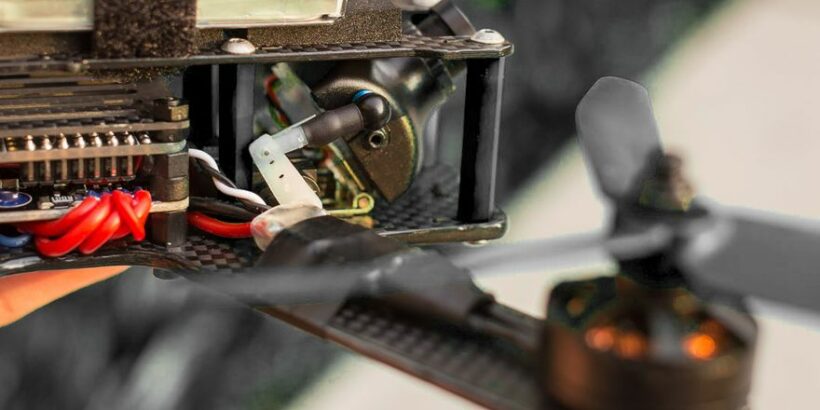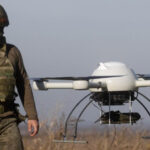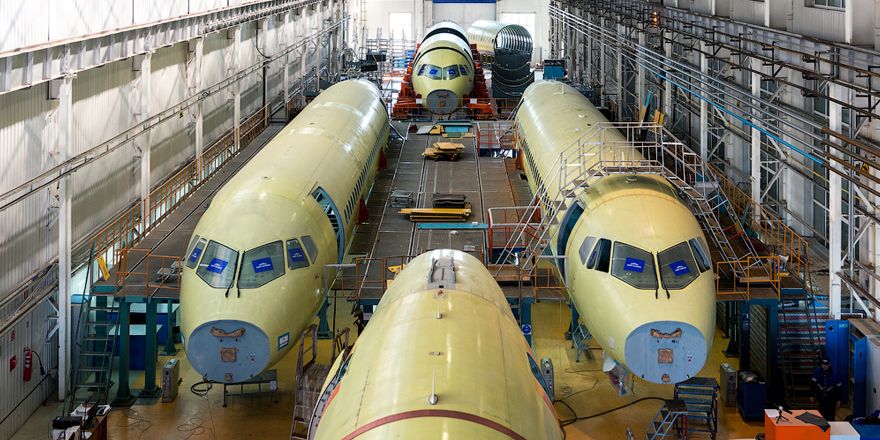The Kaluga Research Institute of Telemechanical Devices (KNIITMU) of Roselectronics Holding has launched production of high-precision navigation modules, engine controllers and other devices designed for light drones and unmanned aerial vehicles for underwater and surface applications. A flight module and a compact version of the engine controller are also being prepared for production, the holding’s press service reported.
The PC-2 embedded high-precision navigation module is equipped with a multi-system receiver of GPS, GLONASS and Galileo signals. It also includes a high-precision barometric altimeter and a temperature-compensated compass. These devices serve as redundant sensors and help the device to operate in interference conditions. The device is designed for use in unmanned aerial vehicles with a minimum payload of 2kg and above. It provides high-quality reception of satellite signals. The device supports a number of standard protocols for data transmission.
PC-2 is optimised for use on small drones with no more than six servo motors with controlled axes, if more, then with control via CAN bus. The PC-2 fully supports PX4 professional autopilot firmware v1.10 and above, and is fully compatible with all DroneCAN-enabled devices. The device board size is 36 x 36 mm and weighs 11 g.
The motor controller provides up to 850 watts of continuous output power and supports an operating voltage range of 12 to 51 volts, and is fully compatible with all DroneCAN devices. Advanced vector control algorithms make it one of the most energy efficient on the market. Unlike other vector control solutions, the controller is compatible with virtually any PMSM or BLDC motor and is able to detect motor parameters and automatically optimise itself to achieve the best control quality and energy efficiency.
According to Alexander Alekseev, General Director of KNIITMU, the company is capable of producing up to 1000 products of each type per year at its existing capacity. All devices are undergoing a full testing procedure, and the first batch of devices has already been shipped to customers. KNIITMU has been receiving requests from Russian enterprises to supply new large batches of control modules.







